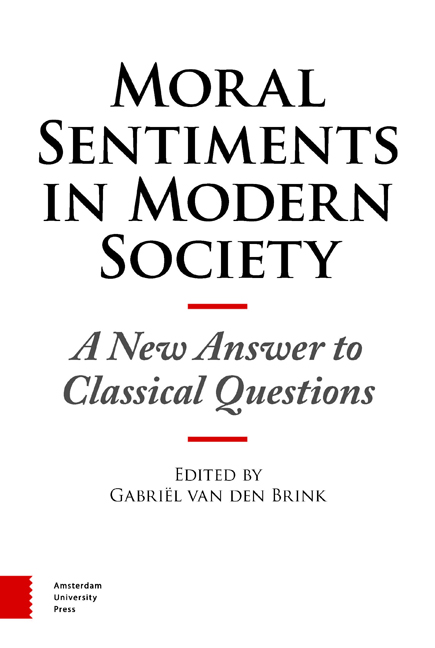Book contents
2 - An Archaeology of Altruistic Behaviour
Published online by Cambridge University Press: 02 February 2021
Summary
In the previous chapter, we argued that modernisation presupposes a substratum of values shaped in an earlier period. The makeup of this substratum depends, of course, on cultural-historical factors. The modernisation of the Netherlands or Denmark has a different historical background than that of Spain or India, resulting in an outcome that is different as well. But what exactly do we mean by ‘historical background’? How far back in time do we go? Do we limit ourselves to the top layers of this substratum that were formed in the period just before modernisation? Or do we go further into the past, delving into values that are much older? One could even turn to the biological history of the human species to look at certain mechanisms that emerged during the evolution of human beings and that remain relevant to this day. In this chapter, we attempt to say something – albeit in an extremely brief and sketchy manner – about each of these three historical backgrounds: the immediate past, the ancient past and our biological past. We focus our attention on how altruistic behaviour developed, as this forms the basis of our morality as described in chapter 1. Where does our capacity to act altruistically come from? And how do scholars view this development? This history can be compared to the process of sedimentation: a new layer is created periodically without the old layer disappearing. Our cultural substratum thus consists of several layers, one on top of the other. It is therefore crucial not to mix these layers up. Instead, we must determine what their specific contribution is to the set of values reflected in altruistic behaviour. In this chapter, we limit ourselves to three such layers.
We begin with some insights from contemporary biology that demonstrate how our social and moral behaviour has a basis in nature (section 1). Then we discuss the fundamental change in our mental make-up that took place a few hundred years before the start of the Christian era, which led to the growth of religious traditions in which sacred values played a crucial role (section 2).
- Type
- Chapter
- Information
- Moral Sentiments in Modern SocietyA New Answer to Classical Questions, pp. 65 - 102Publisher: Amsterdam University PressPrint publication year: 2016

